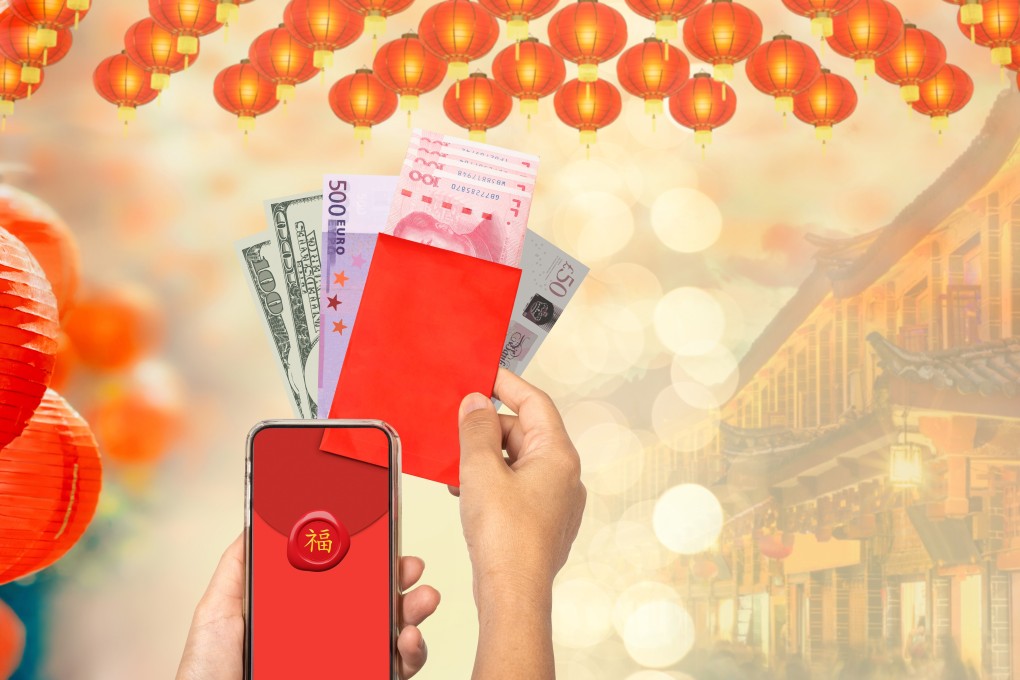Big Tech’s red packet war for Lunar New Year sees less cash given away as campaigns try users’ patience
- Promises of cash handouts in the form of digital lai see ahead of the holiday amounted to US$1.3 billion, US$250 million less than last year
- Some consumers are getting tired of competing to win just a few yuan each as increasing competition has made such campaigns less valuable to tech firms

Chinese Big Tech companies’ seasonal rush to offer billions of yuan in electronic red packets, known as lai see in Cantonese, for the Lunar New Year holiday fell short of last year’s offerings, a sign of intensified competition among the country’s consumer-facing technology giants.
Tencent, one of the earliest initiators of the red packet battle, did not announce any cash handouts on its super app WeChat this year, but has doubled down on its innovative campaign around the red packet. Despite this, 688 million people participated in activities involving digital red packets on the social platform, the company said on Tuesday.
The “free money” offered through playing games and other promotions in mobile apps has become a staple of Lunar New Year celebrations for many Chinese consumers over the past several years.
This year’s holiday marked the seventh time that Feng He, a resident of the eastern city of Suzhou, collected Alipay’s Five Fu – the character meaning good fortune – which comes with a red packet reward on Lunar New Year’s Eve. In 2016, when Alipay initiated the campaign, she received 271.66 yuan. That amount has shrunk to just a few yuan in the intervening years.
Alipay has changed the rules to make it easier to get a cut of the 215 million yuan pot, but the number of people taking part in the campaign has exploded amid greater awareness and smartphone penetration in China. However, Feng said she still finds it interesting to participate.
Ant earmarked 500 million yuan in handouts through Alipay ahead of the holiday, the same amount it offered last year. Short video giant Kuaishou said it would give out 2.2 billion yuan, an increase of 100 million from the previous year. Douyin promised to hand out 2 billion yuan to the app’s users, while internet search firm Baidu said it would offer 2.2 billion yuan.